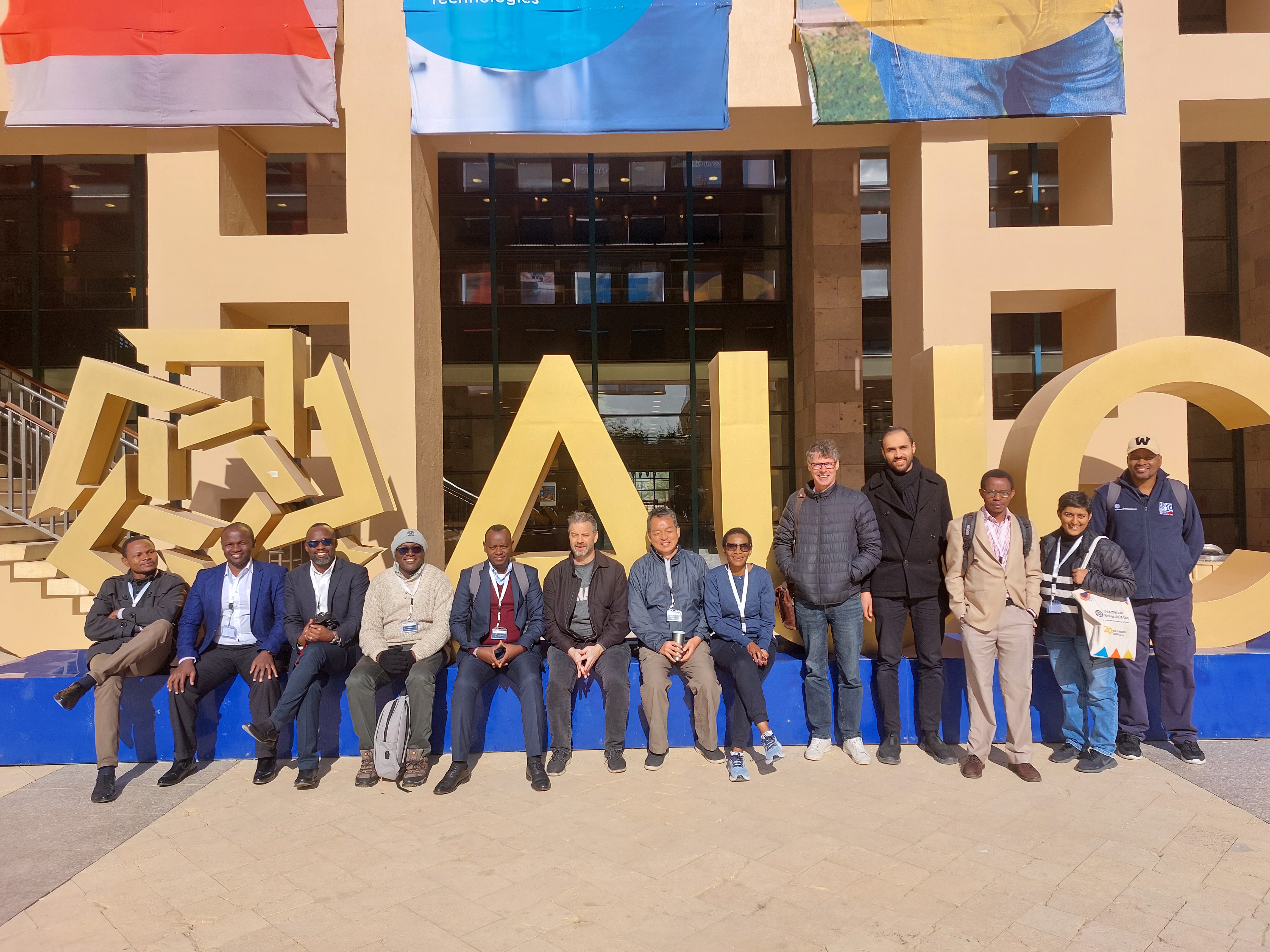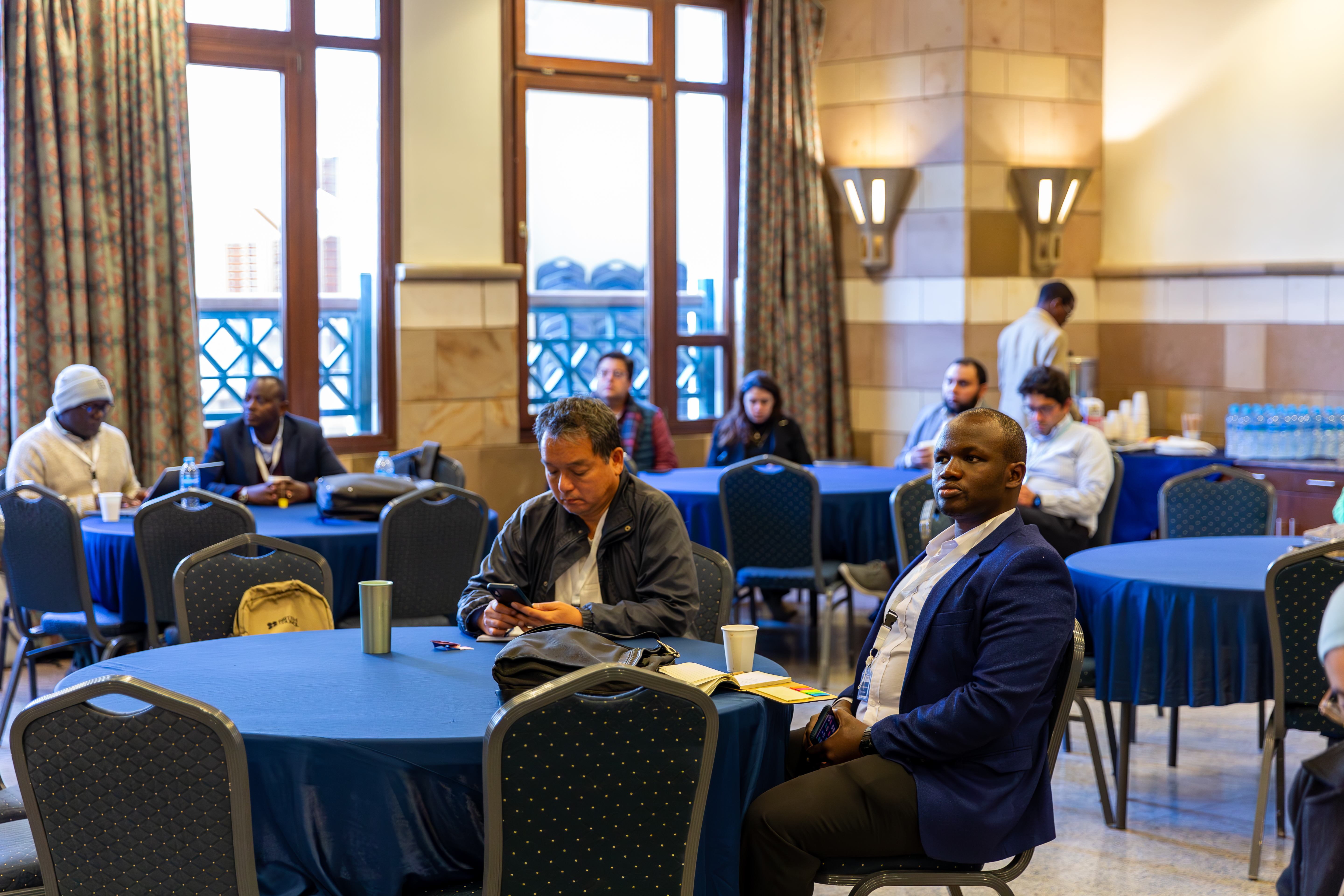Eng. Muthomi Munyua, a distinguished member of the engineering faculty at the University of Nairobi, recently had the privilege of participating in a transformative Faculty Enrichment Conference held at the prestigious American University in Cairo, Egypt. The event, which was sponsored by AFRETEC (The African Engineering and Technology Network), brought together educators from leading universities across the continent, including the University of Nairobi, University of the Witwatersrand, University of Rwanda, Carnegie Mellon University Africa, American University in Cairo, and University of Lagos.

The primary focus of the conference was to introduce innovative teaching methodologies to enhance the quality of engineering education in African universities. Eng. Munyua, along with his colleagues, eagerly engaged in discussions and workshops aimed at integrating design thinking principles and adopting the flipped learning model into their classrooms.

Design thinking, a human-centred approach to problem-solving, has gained recognition as a powerful tool in engineering education. By encouraging students to empathize with end-users, define problems, ideate solutions, prototype designs, and test their concepts iteratively, design thinking fosters creativity, collaboration, and critical thinking skills essential for future engineers.
During the conference, Eng. Munyua and other attendees explored various strategies for incorporating design thinking methodologies into their curriculum. They discussed real-world case studies, participated in hands-on exercises, and exchanged best practices to effectively implement these approaches in their teaching.
Additionally, the conference emphasized the benefits of flipped learning, a pedagogical model that flips the traditional classroom dynamic. In a flipped classroom, students engage with course materials, such as lectures and readings, independently outside of class, freeing up valuable in-person time for interactive discussions, problem-solving activities, and hands-on projects. This approach promotes active learning, student engagement, and personalized instruction tailored to individual student needs.
Eng. Munyua found the insights gained from the conference to be invaluable. He recognized the potential of incorporating design thinking principles and flipped learning techniques to enhance the educational experience for his students at the University of Nairobi. By embracing these innovative methodologies, he aims to cultivate a new generation of engineers equipped with the skills, mindset, and adaptability needed to tackle complex challenges and drive meaningful change in society.
As Eng. Munyua returns to the University of Nairobi, he is eager to share his learnings with his colleagues and collaborate on integrating these innovative teaching approaches into the engineering curriculum. By harnessing the collective expertise of educators across Africa and embracing progressive pedagogies, institutions like the University of Nairobi can continue to elevate the standard of engineering education and empower students to thrive in an ever-evolving technological landscape.
- Log in to post comments
